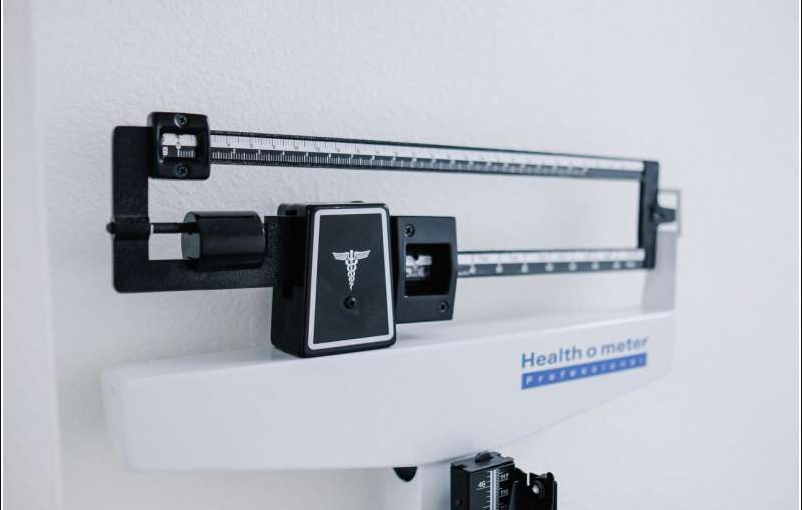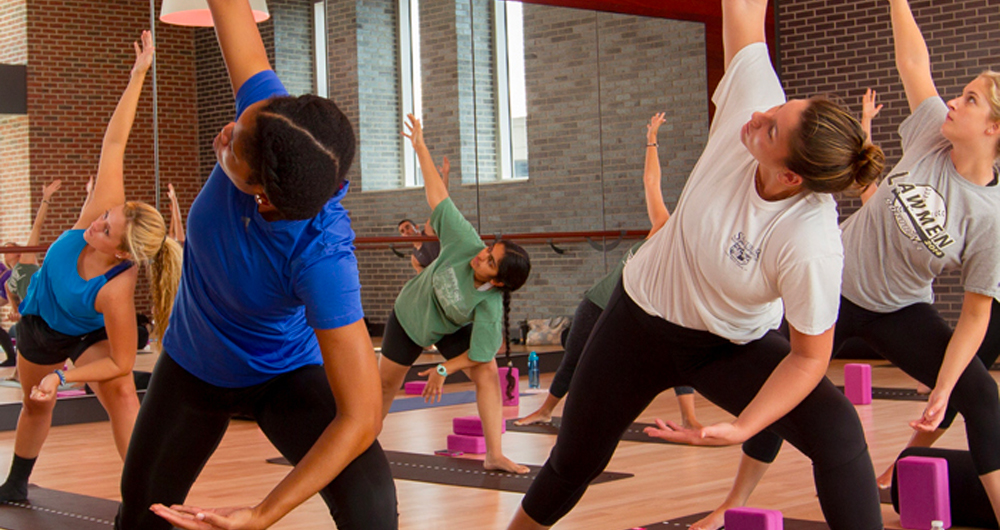World Mental Health Day, observed on October 10, reminds us to reflect on mental well-being globally. The theme for 2024, “It is Time to Prioritize Mental Health in the Workplace,” underscores the critical role that workplace conditions, stress management, social inclusion, and empowerment play in mental health. In every organization, leaders and employees alike can contribute to fostering a mentally healthy work environment. Here are some practical steps to enhance workplace mental health, not just on October 10, but every day. Express Gratitude A simple “thank you” can go a long way. Expressing gratitude to your colleagues builds stronger relationships and fosters a positive workplace atmosphere. This practice benefits not only the recipients but also those who express gratitude, enhancing overall well-being. Practice Email Etiquette Effective communication reduces misunderstandings and stress. When crafting emails, include a clear subject line, concise summary, and explicit deadlines. Consider labeling emails as “no reply necessary” or “not time sensitive” to help recipients prioritize. Direct specific requests to the appropriate people in the recipient line, minimizing unnecessary “reply all” responses. Prioritize No-Meeting Days Allocate two or three days each month as no-meeting days to allow employees uninterrupted work time. Also, establish meeting-less days where only essential meetings are scheduled. This practice helps manage workloads and reduces stress associated with constant meetings. Engage in Mindfulness Activities Incorporate mindfulness into your daily routine. Take breaks for deep breathing, meditation, or using mindfulness apps like Calm. These practices can help clear your mind, boost your mood, and improve your overall well-being during the workday. Practice Job Crafting Job crafting involves modifying aspects of your work to better suit your strengths and interests. Change the type, scope, or sequence of your tasks, connect with new colleagues, or view your responsibilities from a different perspective. This approach can make your work more engaging and fulfilling. Be a Source of Social Support Actively listen to your colleagues and offer emotional support. If you’re in a supervisory role, create a psychologically safe environment and model healthy mental health practices. Providing social support can significantly enhance the workplace atmosphere and employee well-being. Additional Tips to Support Workplace Mental Health: Encourage Regular Breaks: Taking regular short breaks can help in recharging and maintaining productivity throughout the day. Promote Work-Life Balance: Ensure employees have the flexibility to balance their work and personal lives. Encourage activities and hobbies outside of work. Provide Resources: Offer access to mental health resources such as counseling services, stress management workshops, and wellness programs. Foster Open Communication: Create an environment where employees feel comfortable discussing their mental health without fear of stigma or retribution. Recognize Efforts: Acknowledge and reward employees’ hard work and achievements, which can boost morale and motivation. Ongoing Commitment These practices are just a starting point. Prioritizing mental health in the workplace is an ongoing commitment that requires continuous effort and attention. By fostering a supportive environment, we can improve the quality of life for employees and contribute to a healthier, more productive workforce. Remember, enhancing workplace mental health benefits everyone. Let’s make mental health a priority at work today and every day!










